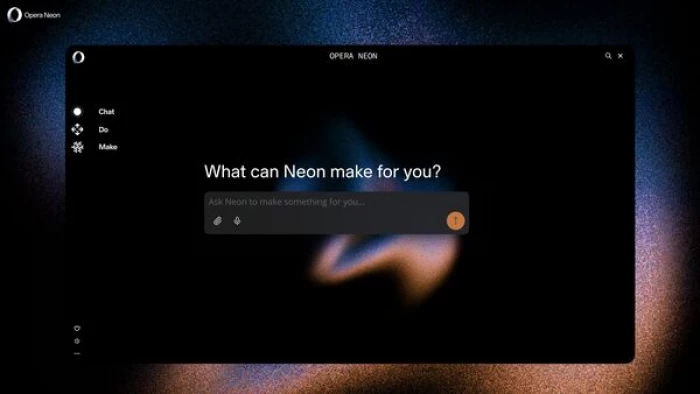Opera Neon Debuts as the First True AI Power Browser for Modern Workflows
by Muskan Kansay - 4 months ago - 3 min read

Opera has officially thrown its hat into the AI browser ring with the launch of Neon, a subscription-based platform crafted for users who want AI as a daily collaborator in their workflow. The 19.99 dollar monthly price tag sends a clear signal: this is not another generic AI chatbot appendage, but a power tool for those who demand more, from summarizing blog posts and retrieving details from past browsing sessions to generating code, visual tables, and charts, all at your command.
The Core of Neon
Neon’s promise is rooted in turning typical browsing into an interactive, agentic experience. The basic chatbot can field any question, but where Neon ups the ante is with “Neon Do,” a task engine that’s not just responsive but proactive. Need a Substack summary piped into Slack? Done. Can it fetch info from a YouTube video you watched last week? Absolutely. The browser’s mastery lies in its ability to harness your personal browsing context and execute across apps and platforms, converting daily tasks into smooth, multi-step AI workflows.
Cards: AI Prompting Meets IFTTT
Forget static automations. Neon’s “Cards” let users stack repeatable prompts and build custom chains. Imagine merging data pulls and comparison sorters into a single workflow, tailored for deep dive product research or tab management. It is a crowd-sourced library too, meaning user-made Cards can be leveraged by the community to boost productivity for everyone. This modular prompt system is part of a broader shift toward making browsers not just windows to the web, but programmable agents themselves.
Tab Groups Reimagined: Tasks
Neon’s “Tasks” are not just tab groups; they are contained workspaces blending tabs with AI chats, each carrying its own contextual memory. Users can silo workflows, research, or projects into distinct environments, making the browser reflect the organizational logic of modern work rather than the chaos of endless tab sprawl.
Competition and Aspirations
Opera is not alone; the move sees Neon squaring off against agentic platforms like Perplexity’s Comet and Dia, along with the surging tide of AI augmentation from heavyweights like Google and Microsoft. Yet, Opera’s pitch is not ubiquity; it is power usage, depth, and ambitious agentic capability. With invites rolling out, early adopters are now gatekeepers for a new breed of browser, one that aims to be as indispensable as any productivity suite, and just as programmable.
Every feature in Neon signals a future where browsing is just the start and working with AI becomes a seamless, multi-faceted partnership. As demos turn into real-world tests, the browser’s true value will be defined not by hype, but by its ability to transform daily digital routines into something truly intelligent.